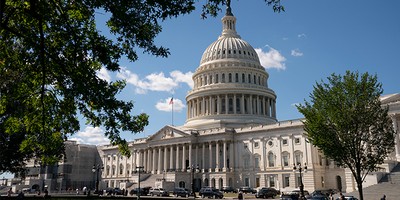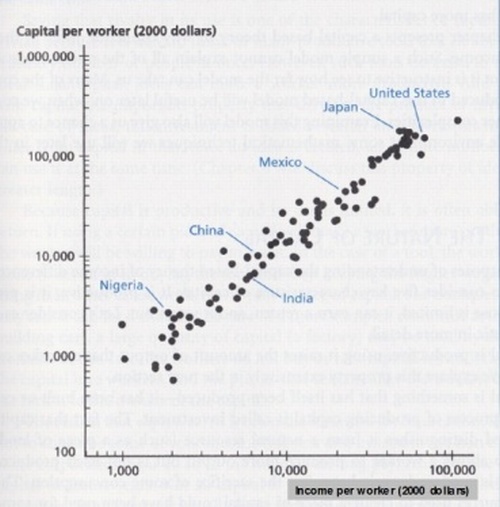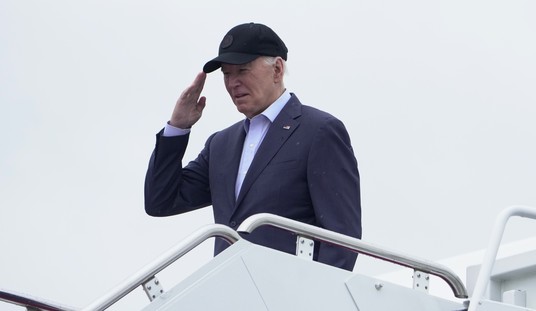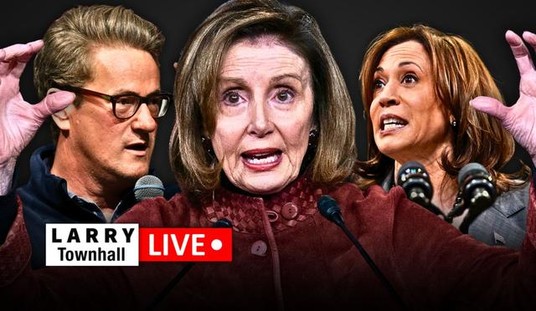The pro-statism crowd routinely argues that we need more government. Every so often, though, one of them inadvertently stumbles on the truth. But they then refuse to draw the logical conclusion. For instance.
- One of President Obama’s health appointees noted that quality increases and prices fall when markets are allowed to operate – yet he concluded that we should further restrict market forces in health care.
- The IRS Commission admitted the tax code is a complicated mess and that he pays someone else to compile his tax return – yet he dodged a question about whether Congress should fix the mess with something like a flat tax.
- A New York Times reporter produced a chart showing that the only successful budget deal in recent decades was the one in 1997 that included tax cuts – yet he then complained that we can’t deal with red ink because Republicans won’t agree to a tax increase.
We now have another example to add to the list. Thomas Friedman is a columnist for the New York Times, where he specialize in ponderous columns that reflect the views of the left-wing establishment. Today, he has a column complaining about gridlock in America. Here are some key excerpts.
Does America need an Arab Spring? …has American gone from a democracy to a “vetocracy” — from a system designed to prevent anyone in government from amassing too much power to a system in which no one can aggregate enough power to make any important decisions at all? …A system with as many checks and balances built into it as ours assumes — indeed requires — a certain minimum level of cooperation on major issues between the two parties, despite ideological differences. Unfortunately…several factors are combining to paralyze our whole system.
Recommended
This is remarkable, in part because he is stunningly wrong. The political class in Washington manages to spend about $4 trillion per year and churn out tens of thousands of pages of new regulation annually.
The politicians also manage to enact dozens of new laws every year, almost all of which expand the size and scope of the federal government. If that’s gridlock caused by “vetocracy,” then I shudder to think what activist government looks like.
But the part that really shocked me was that Friedman basically acknowledged that the problem is big government.
…the huge expansion of the federal government, and the increasing importance of money in politics, have hugely expanded the number of special-interest lobbies and their ability to influence and clog decision-making.
This is a facepalm moment. Friedman begins his column by complaining that our system is sclerotic and that this makes it hard for politicians to enact more laws, yet he then admits that our system is sclerotic because government is too big already. And it goes without saying (but I’ll say it anyway) that Friedman wants to make government even bigger – which is why he’s complaining about gridlock in the first place!
By the way, I can’t resist correcting some of Friedman’s sloppy analysis in the final excerpt above. He complains about role of money and special interests in politics, but he fails to connect the dots. If he did, he would understand that political money and interest groups are inevitable consequences of a bloated public sector.
As I explain in this video, big government facilitates and encourages corruption. To put it in colloquial terms, if you create a big pile of garbage in your living room, don’t be surprised when you get infested by rats and roaches.
If You Want To Understand Why Obama’s Tax Agenda Is Bad for Workers, this Picture Says a Thousand Words
A good tax system (like the flat tax) does not impose extra layers of tax on income that is saved and invested.
I’ve tried to emphasize this point with a flowchart, and I’ve defended so-called trickle-down economics, which is nothing more than the common-sense notion that investment boosts wages for workers by making them more productive.
But if you doubt this relationship, just take a look at this chart posted by Steve Landsburg.
(H/T: Cafe Hayek)
That’s an amazingly powerful relationship. Wages for workers are very much tied to the amount of capital that’s invested. In other words, capitalists are the best friends of workers.
Something to think about with the President proposing big increases in the double taxation of capital gains. And something to consider since he wants America to have the highest level of dividend double taxation in the industrialized world.


























Join the conversation as a VIP Member